Optimal Timing for Water Treatments
Water treatments are essential for maintaining water quality and ensuring safety for various uses. The timing of treatments can significantly impact their effectiveness, with certain periods being more optimal depending on water source conditions and seasonal factors.
Water treatments are often most effective when performed before seasonal changes, such as spring or fall, to address fluctuations in water quality.
Scheduling treatments during low-demand periods ensures minimal disruption and allows for thorough treatment processes.
Treatments should be timed when water sources are less likely to be contaminated, often after heavy rainfall or drought periods.
Regular treatment schedules aligned with maintenance cycles help sustain water quality over time.
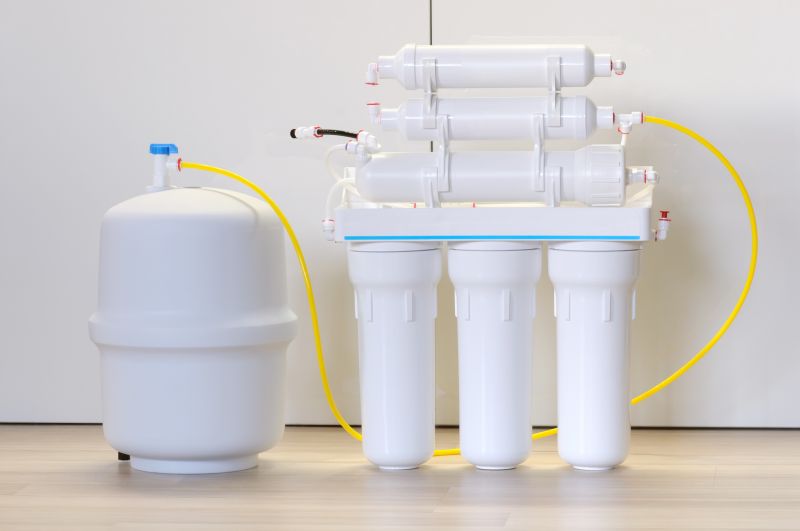
Modern equipment used in water treatments ensures efficiency and safety.
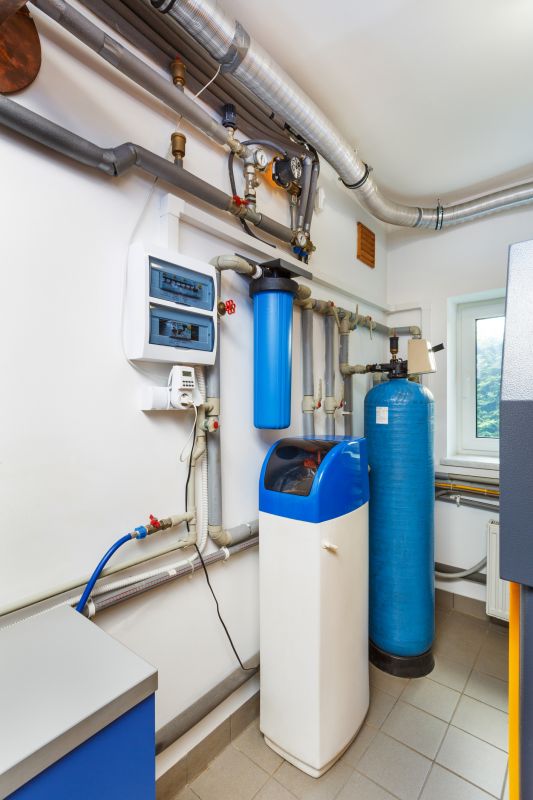
Regular testing helps determine the optimal timing for treatments.
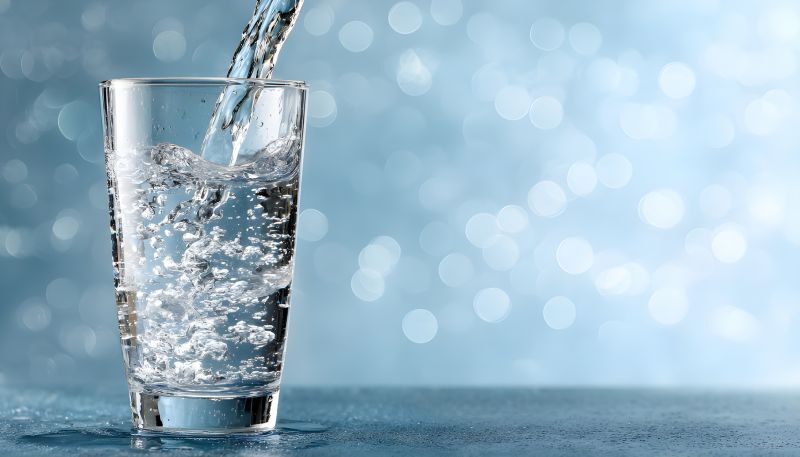
Effective treatment processes are essential for water quality.
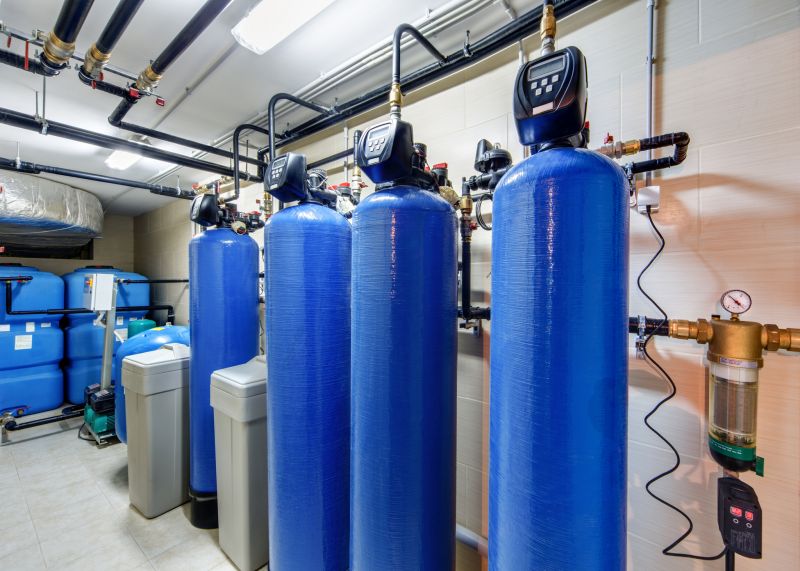
Monitoring water sources guides treatment scheduling.
Water treatments involve various methods such as filtration, disinfection, and chemical adjustments to remove contaminants and improve water safety. Proper timing ensures these processes are most effective, reducing health risks and prolonging system lifespan. Statistics indicate that untreated or improperly treated water can harbor pathogens, leading to waterborne illnesses. Regularly scheduled treatments can reduce these risks significantly, with studies showing a decrease in contamination levels by up to 90 percent when treatments are performed at optimal times.
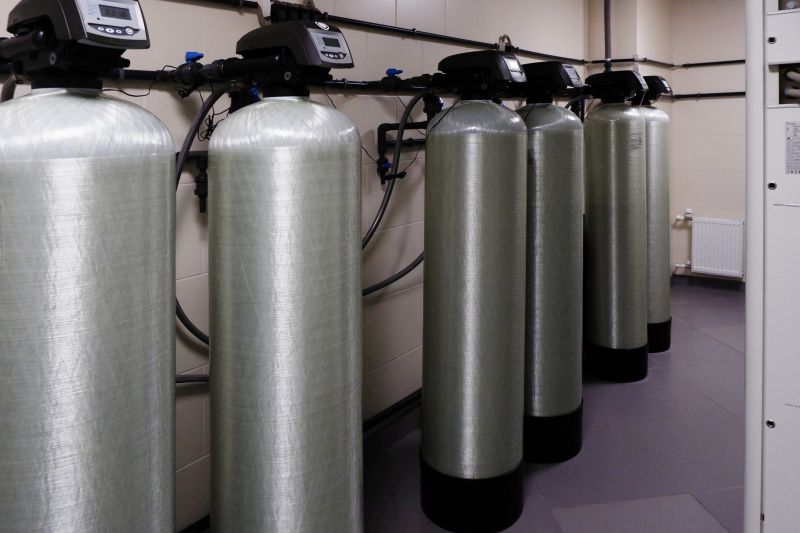
Facilities designed for efficient water treatment.
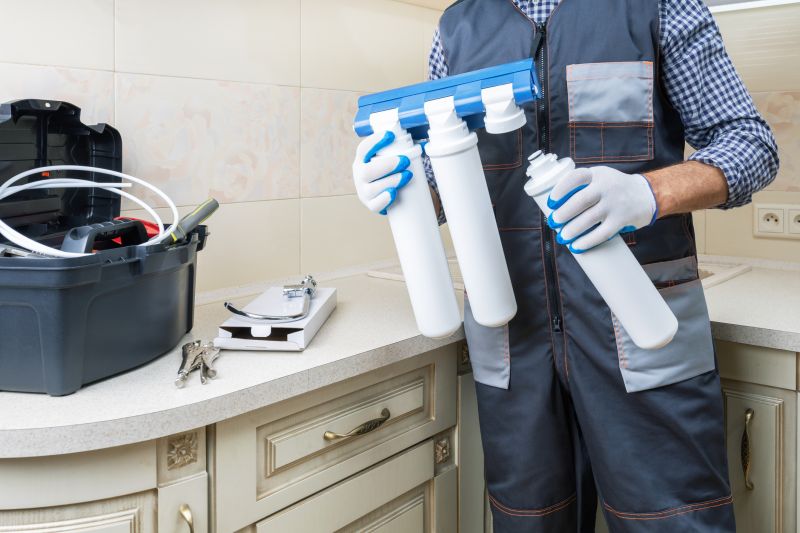
Precise chemical application during treatment.
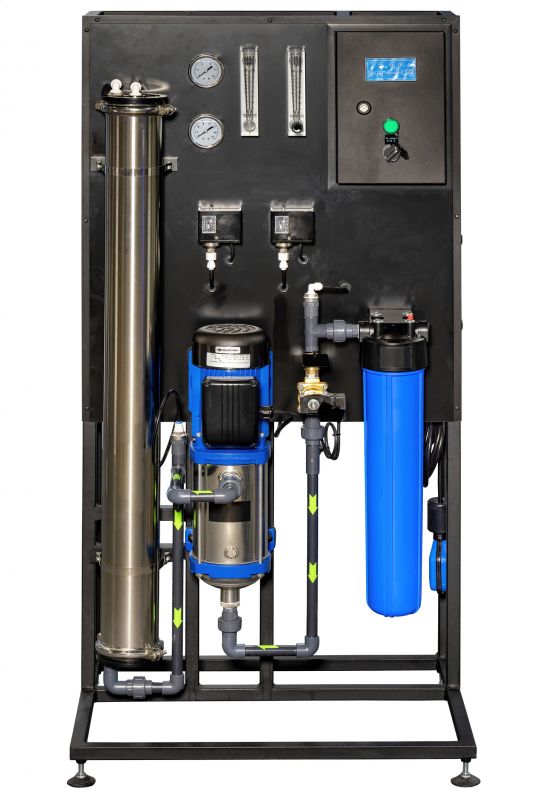
Ensuring water meets safety standards.
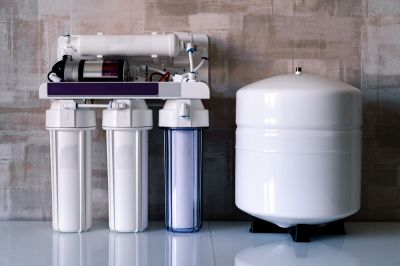
Post-treatment water distribution infrastructure.
| Optimal Treatment Timing | Key Considerations |
|---|---|
| Pre-spring | Address winter-related contaminants and prepare for increased usage |
| Post-heavy rainfall | Reduce runoff contaminants and microbial growth |
| During low demand | Minimize disruption and allow thorough treatment |
| Before seasonal changes | Prepare water systems for upcoming seasonal shifts |
| Regular intervals | Maintain consistent water quality and compliance |
Understanding the best times for water treatments ensures water remains safe and compliant with health standards. Proper scheduling minimizes risks, enhances treatment efficiency, and supports long-term water system performance. Regular assessments and adherence to local guidelines are essential for optimal results.
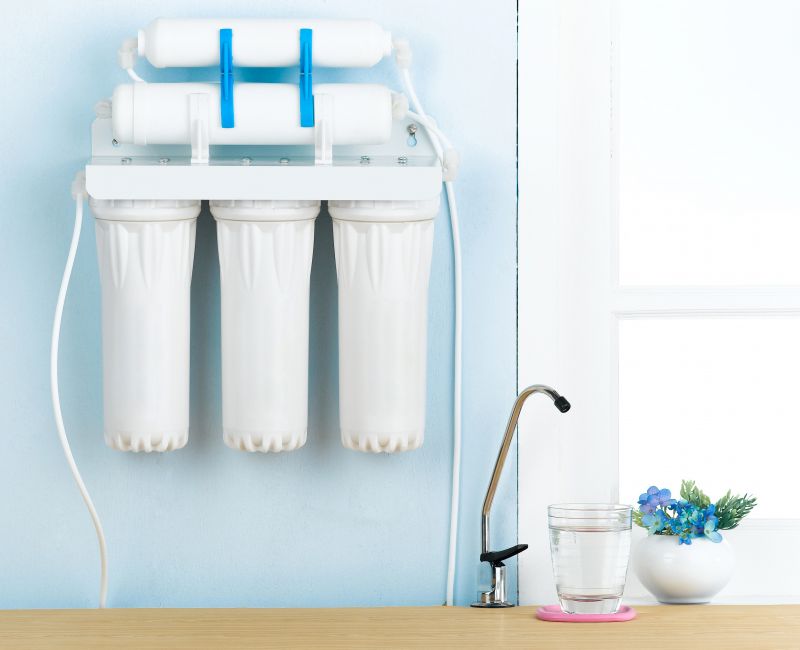
Continuous monitoring optimizes treatment timing.
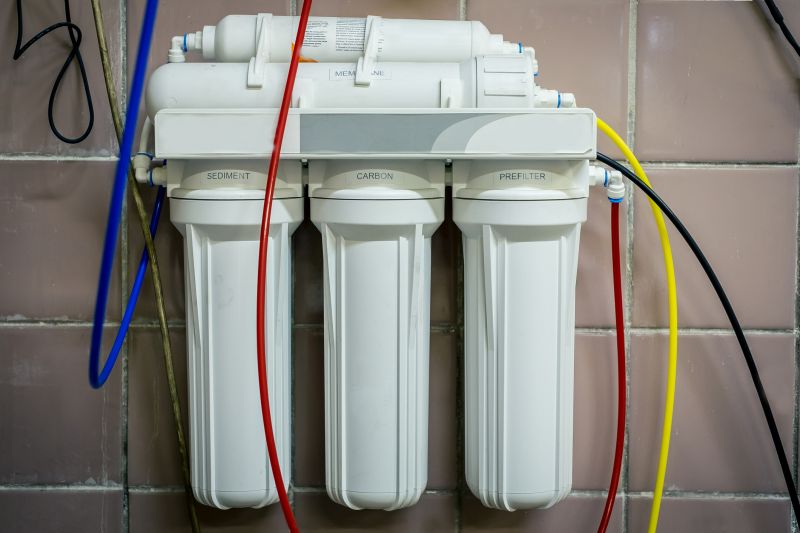
Effective filtration enhances water quality.
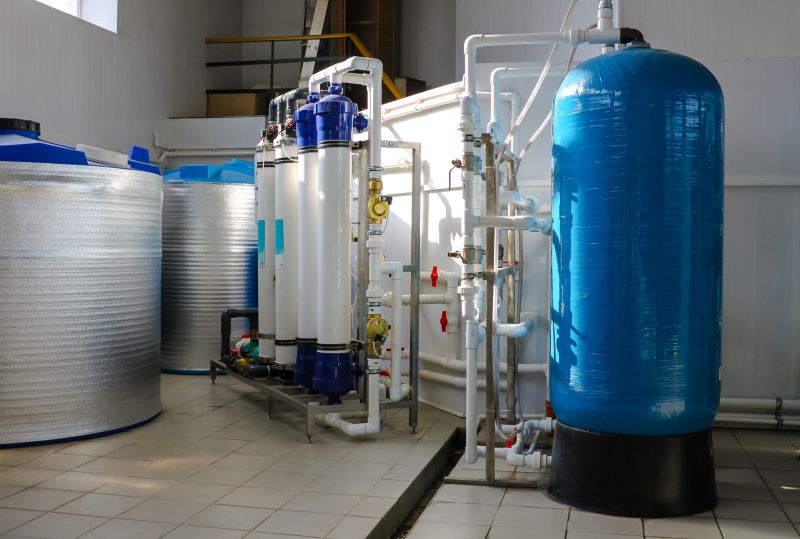
Ensures microbial safety during treatments.
Interested in scheduling water treatments? Filling out the contact form provides an opportunity to discuss suitable timing and specific needs. Properly timed treatments help maintain water quality, protect health, and ensure regulatory compliance.

